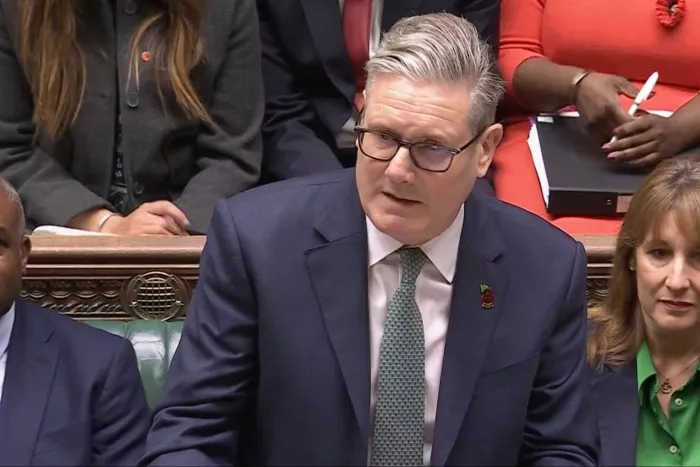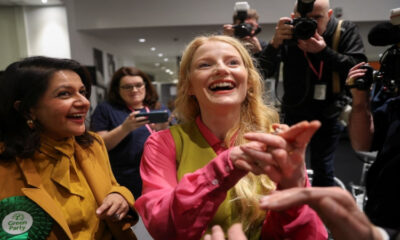News
Starmer Denies Authorising Briefings Against Ministers Amid Growing Tensions in Labour

Prime Minister Keir Starmer has firmly denied claims that he approved or encouraged anonymous briefings against members of his cabinet, calling such actions “completely unacceptable” and insisting he remains focused on governing.
Speaking during Prime Minister’s Questions, Starmer was pressed about reports that some of his allies had briefed journalists suggesting he could face a leadership challenge from Health Secretary Wes Streeting. The prime minister rejected the idea that he had sanctioned any internal attacks, saying he valued his ministers and the work they were doing.
“I have never authorised attacks on any member of my cabinet,” Starmer told MPs. “I appointed them because they are the best people for the job. Any attack on a colleague is unacceptable.”
The row began after a series of overnight reports claimed that Downing Street insiders were concerned about a potential leadership bid from Streeting. The health secretary dismissed the speculation, calling it “juvenile” and “unhelpful,” and said those responsible for spreading such rumours should be removed.
Speaking at an NHS conference in Manchester, Streeting expressed full support for the prime minister. “Yes, I would fight alongside Keir if there were any plots to remove him,” he said. “The bizarre thing is that some people in No 10 seem to think the prime minister is fighting for his job. That is not true, and it is not constructive.”
Streeting criticised what he described as a “toxic culture” inside government but made clear that he did not believe Starmer was behind it. When asked whether the prime minister’s chief of staff, Morgan McSweeney, was responsible, he refused to assign blame. “I will not add to the toxic culture by attacking individuals,” he said. “One thing I will say is that there would not be a Labour government without Morgan McSweeney.”
At PMQs, Conservative leader Kemi Badenoch accused Starmer of losing control of his government and the trust of the public. She demanded to know whether he still had confidence in McSweeney. Starmer defended his team, saying they remained united and focused on delivering for the country.
Following the exchange, the prime minister’s press secretary told reporters that the briefings about Streeting had come from outside No 10 and that Starmer had full confidence in his chief of staff. When asked if a leak inquiry was underway, the spokesperson declined to comment but said any leaks would be “dealt with appropriately.”
Such briefings, often made anonymously to journalists, are a regular feature of Westminster politics. Yet this episode has once again highlighted the strains of leadership and the pressures inside government just months into Labour’s time in power.






















